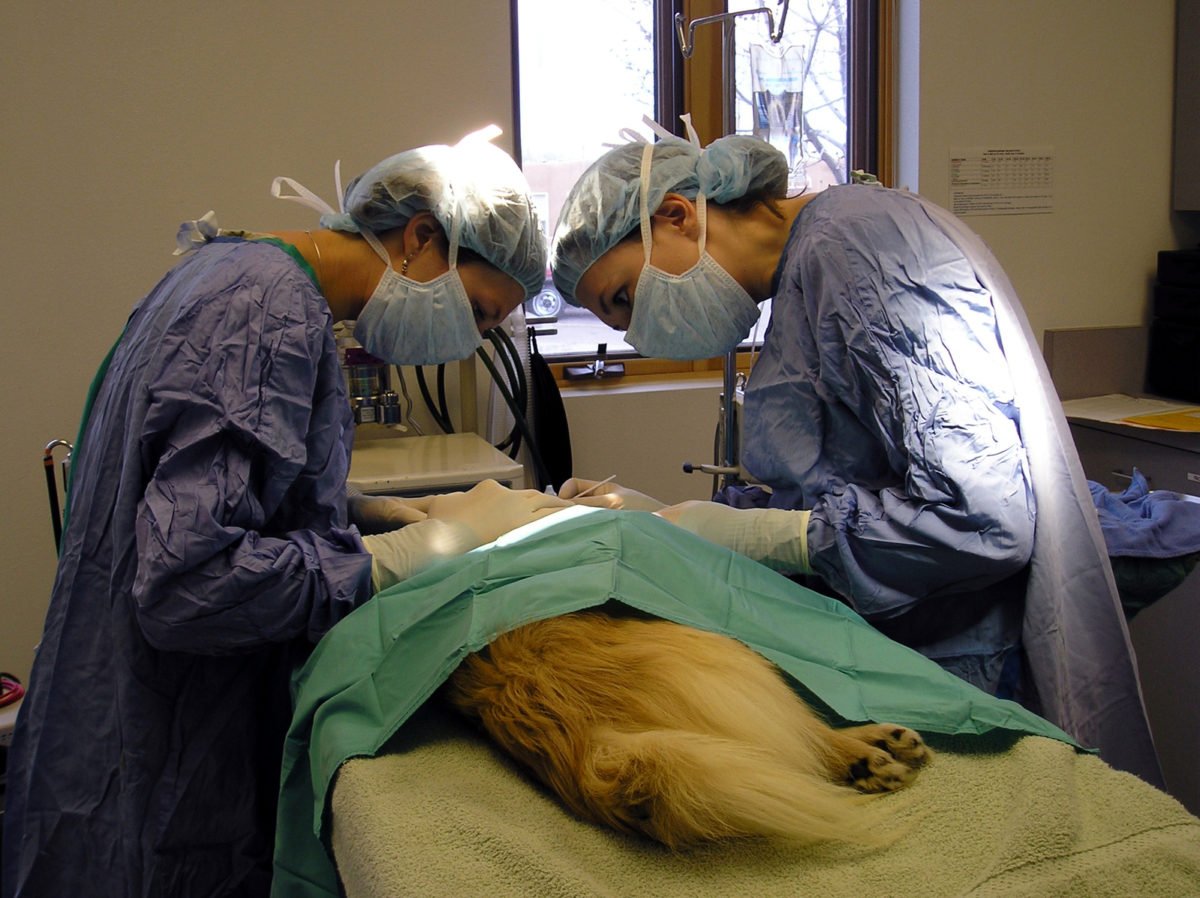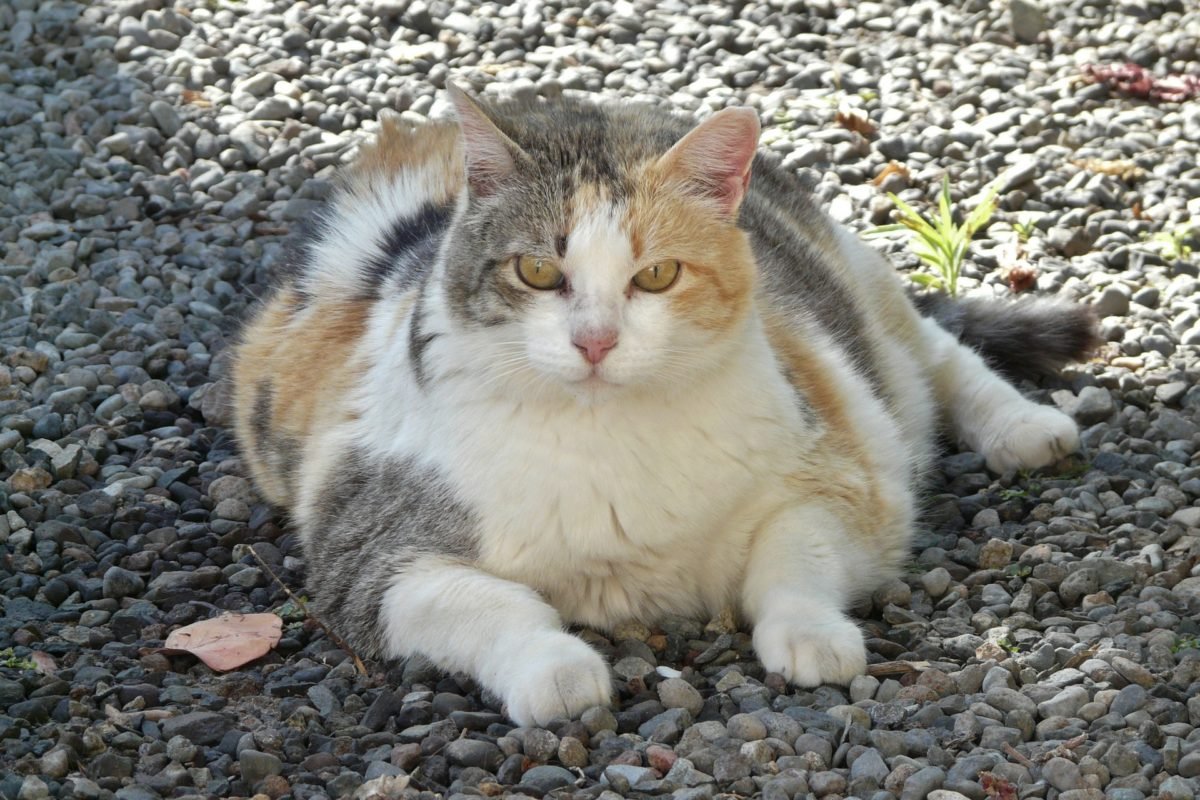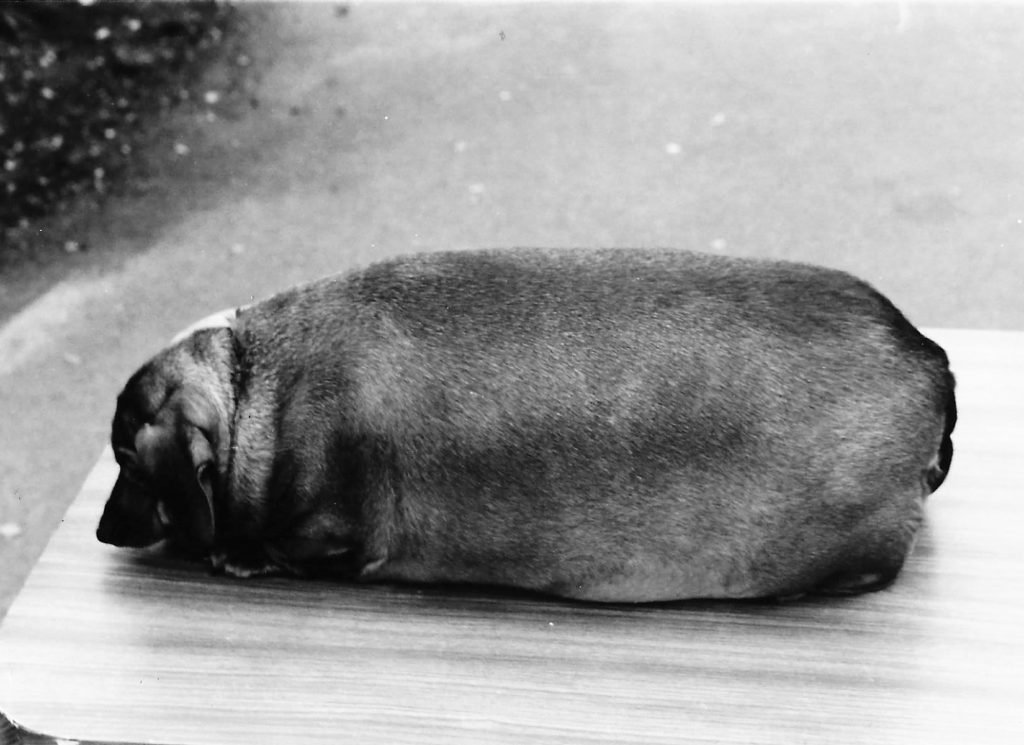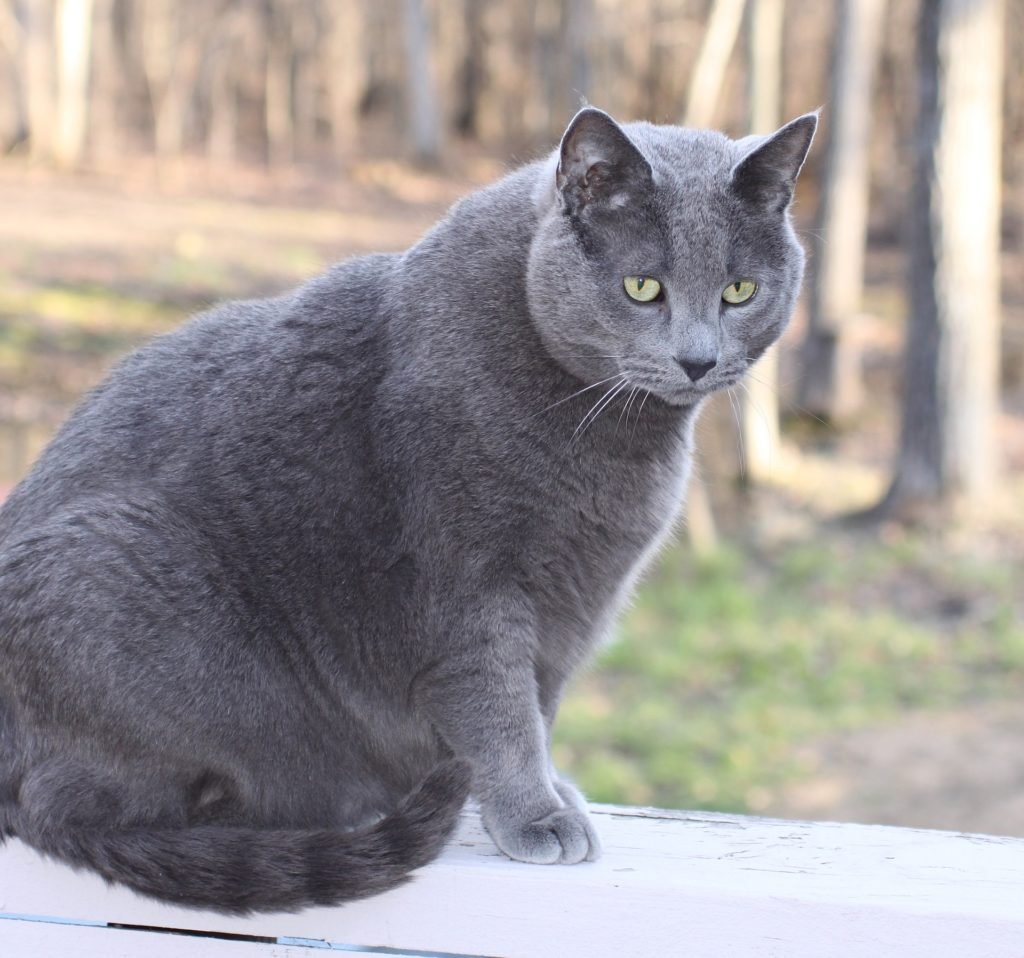Do we hold the veterinary profession in too much esteem?
In May 2018 a UK veterinarian was found guilty of collusion in a fraudulent puppy smuggling ring involving over 5,000 designer puppies by providing fake certificates stating they were free of disease, wormed and vaccinated and misrepresenting them as coming from family homes, when in fact they were imported from puppy farms. Many of the puppies fell ill or died soon after being purchased, and the vet allegedly made over £75,000 from the deal.
One would hope that this is an isolated case, but sadly, each year, many UK veterinarians fail to live up to the reverence we hold them in. Like all of us they are only human and veterinary life appears to take a heavy toll often turning them from saints into sinners. In 2019 there were over 20 veterinary surgeons brought before the Veterinary Disciplinary Committee for various indiscretions concerning dishonesty, incompetence, lack of empathy, drug taking and cruelty.
The veterinary disciplinary committee.
Most veterinary regulating authorities around the world have a disciplinary committee. In the UK it is presided over by the Royal College of Veterinary Surgeons (RCVS) and meets several times a year dependent on how many vets are accused of misconduct.
It is similar to a normal court of law, where those veterinary surgeons that have allegedly infringed the code of conduct and ethics or whose personal behaviour might bring the profession into disrespect or may have harmed the animals in their care are hauled up before a committee of their seniors.
Surprisingly, there is a long list each year and the cases heard result in either acquittal or bans from practising, or suspension or heavy censure which perhaps reflects the stresses of the profession.
The following are a selection of recent cases against veterinarians:
In January 2020 a Luton-based vet was removed from the register for repeated clinical failures, despite previous warnings over a four year period for disgraceful conduct in regard to neutering operations.
In July 2019 a veterinary surgeon was suspended four months when found guilty of kicking and stamping on a bull terrier that had bitten him during examination, also for leaving a Jack Russell in a sink alone for a long period without reason and leaving a six week old kitten without bedding or warmth.
A vet was suspended for four months for failing to recognise a kitten could not pass urine, failed to refer it to a specialist and failed to ensure the kitten received care and treatment overnight. Another colleague was reprimanded for the same kitten for performing surgery without adequately considering her condition, administrating detrimental medication and subjecting the kitten to anaesthesia despite its serious condition.
One was suspended for 9 months for causing a “risk of injury or harm to an animal as a result of inadequate care and also dishonesty in subsequently fabricating clinical notes of the dog which was left unable to urinate by itself for lengthy periods while in her care.
In December 2019 a vet was removed from practice for stealing and taking ketamine and methadone while working.
A VetsNow Veterinary Surgeon was suspended for six months for disgraceful conduct having pretended that an owner’s French Bulldog only gave birth to four puppies when in fact it had six pups and the vet and an assistant had kept two of them.
A vet was reprimanded for dishonesty for practising as a vet for over a year when not registered in the UK to do so and posting pictures on social media of animals in her care without the owners consent.
Some of the worst cases over the last few years:
In 2016 a veterinarian was found guilty of causing unnecessary suffering to 22 huskies and 8 cats which had been kept in an underground room beneath the surgery in filthy cages, having previously been investigated for his conduct at Nottingham Greyhound stadium and having been struck off and then reinstated;
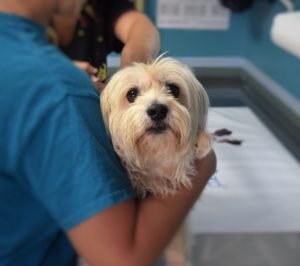
The RSPCA prosecuted a vet in 2016 who was convicted of causing unnecessary suffering to two of her own dogs, one of which she allegedly euthanized and dumped in her garden before Inspectors could retrieve the dog. She received a fine of £630 with £362 costs and was later banned from practicing as a vet.
A vet was removed from the register following allegations of unreasonably delaying visiting a dog which was lying in the road in severe pain having been hit by a car and allowing the animal to stay in pain longer than necessary. Allegedly the vet preferred to see to clients waiting in his surgery rather than travelling the short distance to the dog’s aid.
Do we hold the veterinary profession in too much reverence?
Many such incidents are published each year by the College and the media. They make interesting reading as they encompass and highlight the pressures that vets are under particularly the conflicts of interest and the commercial aspects which can get in the way of compassion and animal welfare such as refusing to treat an animal without prior payment, refusing to put a pet to sleep, being rude to clients, failing to examine animals adequately due to time constraints, not maintaining records and operating unhygienic premises.
It could be said that we may view the veterinary profession with too much respect and often fail to question some of their actions, policies and motives when treating our animals. We too readily accept their decisions and high fees and rarely investigate the need for expensive tests and investigations and are embarrassed about requesting a second opinion or considering alternative remedies.
Of course most vets are beyond reproach and we shouldn’t be too hard on them as it is an extremely stressful profession. There is a shortage of vets in the country overburdened by our obsession to own pets particularly dogs which apparently results in many personal health issues and a high suicide rate, but none of this should get in the way of high standards of animal care and an empathy for their patients.
Updated February 2020
